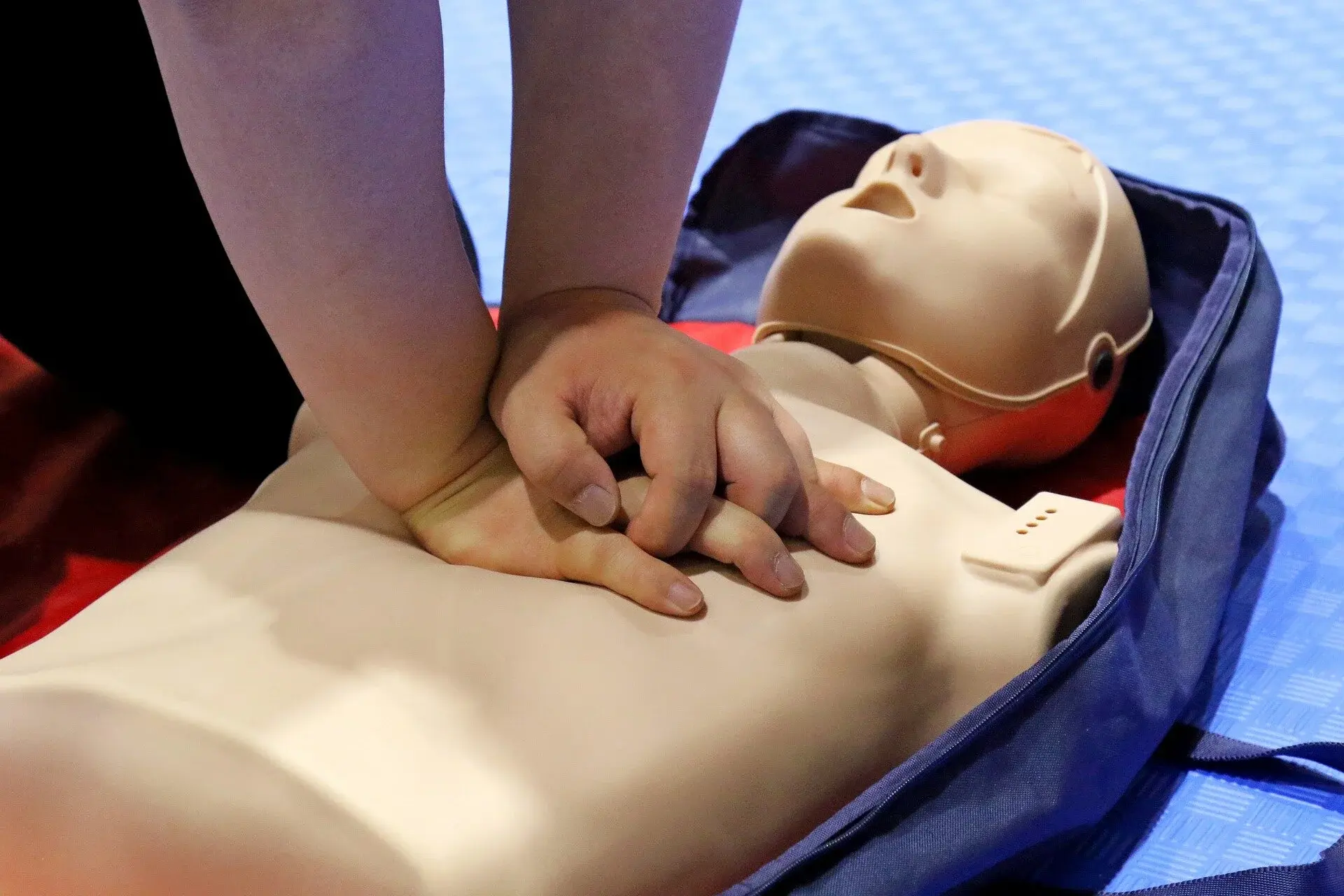Bystanders are less likely to give cardiopulmonary resuscitation (CPR) to women than men, particularly if the emergency takes place in a public area, according to research presented at the European Emergency Medicine Congress. The study also shows that in private locations older people, especially older men, are less likely to receive CPR.
The researchers don’t know what is causing this but it really troubles me.



How does someone’s gender affect how their heart attack looks like?
deleted by creator
Darn it why is the delete button so close to the edit buttn? This has happened to me 3x now. I need better fine motor skills.
Sorry, I mean AFAB people (who are not Intersex. Unfortunately I’m not sure how biology affects the symptoms/ presentation of heart attacks for Intersex people).
I have edited.
This article provides a high-level overview of why there are sex differences in heart attack presentation, and it’s primarily about heart attack being a very general term to represent acute severe heart dysfunction, and that sex effects many metabolic differences (for example, men tend to have higher hematocrit levels, which can lead to a specific kind of ischemic event) as well as cultural ones (the kinds of exercise that women and men do are often different; the kinds of foods that men and women eat are different).
Fundamentally the sex itself has very little to do with how the heart attack happens and presents, but sex does generally effect circulating hormones which in turn effect circulation and metabolic profiles. Sex often correlates with gender presentation/identity which comes along with it’s own cultural values, which at a population level will effect things like cholesterol due to eating patterns or exercise. Finally, sexism itself is also at fault, in that many women’s medical concerns are dismissed rather than addressed which can lead to a worsening of symptoms due to a delay in care.